The Great Wave at the National Theatre
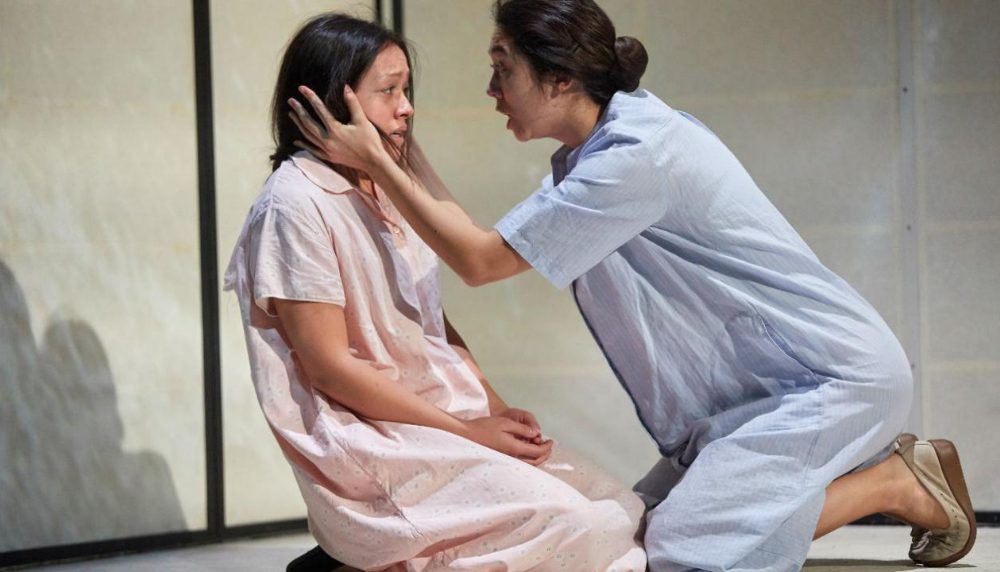
Spanning almost 25 years, The Great Wave is a bisected dramatisation of the North Korean kidnappings that plagued Japanese coastal towns and cities in the 1970s. It’s a sensational story that, on paper, pairs intimate heartache with the globe’s current concerns surrounding the dictatorial regime. Yet for all the real-life shock and topicality, Francis Turnly’s play never quite crests.
The biggest issue is the split narrative. In Japan, mother Etsuko (Rosalind Chao), sister Reiko (Kae Alexander) and friend Tetsuo (Leo Wan) try to cope with and investigate the disappearance of Hanako (Kirsty Rider). Meanwhile, in North Korea, the young girl finds herself thrust into her new life, first as student, then teacher, then something far more complicated altogether.
Both sides of the story are rich in potential; however, compressed as they are into duelling plotlines they can’t help but err towards the generic. As the Japanese strand hits all the broad beats found in any number of missing child stories, its DPRK-set parallel presents a version of the country that doesn’t stretch far beyond the kind of headline images and ideas peddled internationally. The constant narrative to-ing and fro-ing robs both strains of any momentum – one would almost rather have the harsh North Korean reality preceded by the Japanese mystery, if only to create a bit more suspense.
It’s not a great blueprint, but one that could be enlivened with some directorial electricity from Indhu Rubasingham. Instead, the whole thing just bobs along, explicitly in the case of Tom Piper’s set, a spinning home that drifts, raft-like, on the crashing waves of Luke Halls’s video projections. Initially impressive, it soon becomes repetitive, making the play feel like it’s going in circles.
Now The Great Wave is far from some Olivier-sized stinker; it’s just a comparative disappointment for the recently remarkable Dorfman. The all-East Asian cast is both welcome and long, long overdue (though there is something to be said for the National constantly relegating certain voices to its smallest space even as its headline stage flounders).
Turnly builds to a bittersweet, moving, unique ending, one that manages to touch on national identity and the various ways it can be constructed and manipulated, as well as how the public can fall through the cracks of precarious international relations. It’s a shame, then, that The Great Wave spends so much time treading water before this final emotional flood.
Connor Campbell
Photo: Mark Douet
The Great Wave is at the National Theatre from 10th March until 14th April 2018. For further information or to book a visit the theatre’s website here.



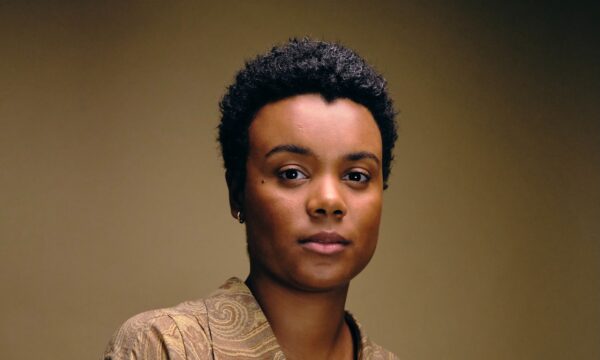

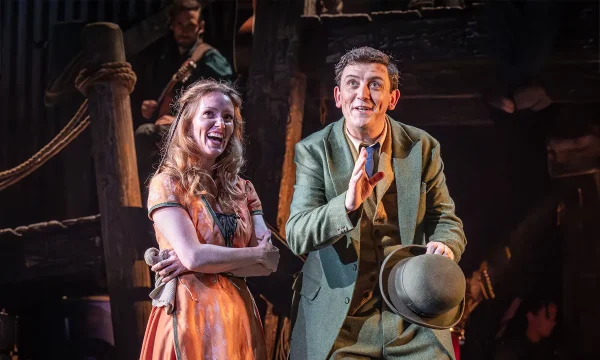
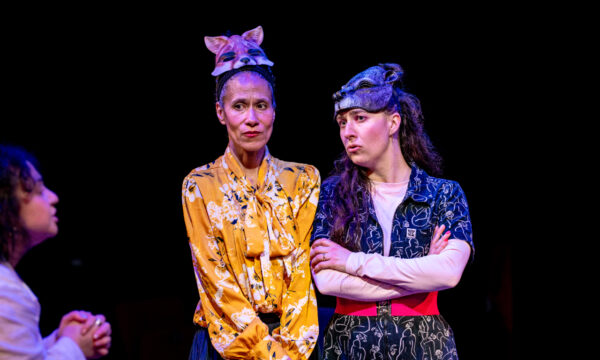

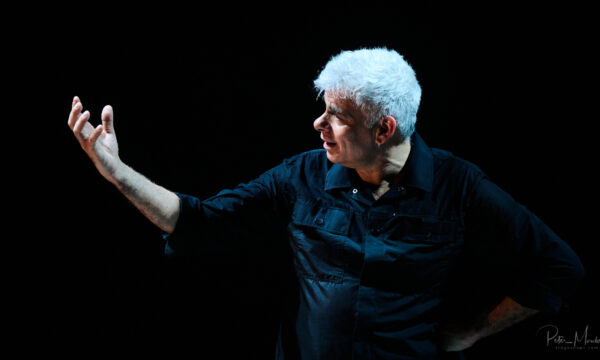
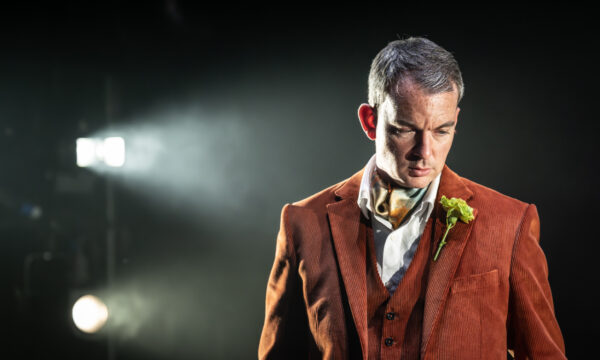
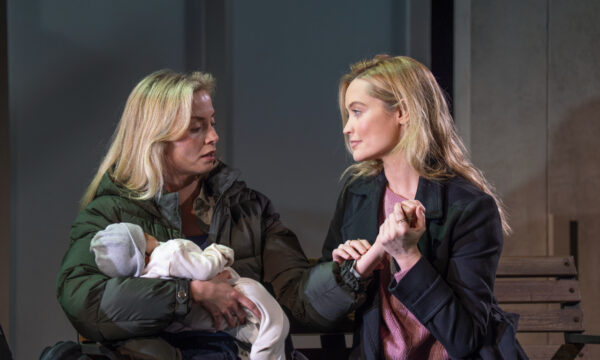














Facebook
Twitter
Instagram
YouTube
RSS